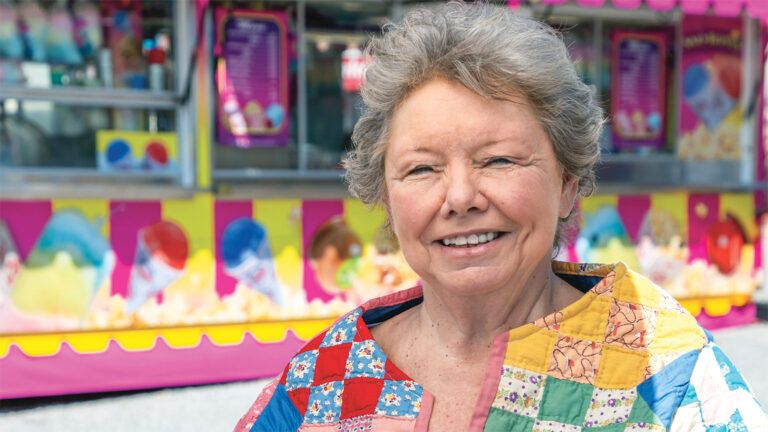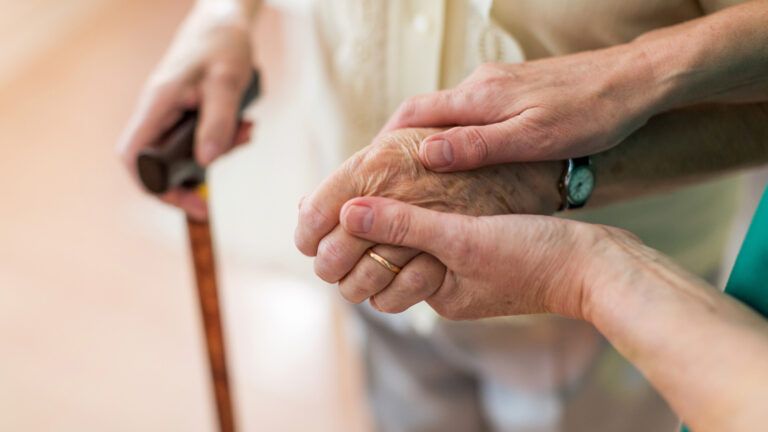Kim Krejci discovered that being a caregiver for a relative with Alzheimer’s is emotionally draining. It is not unlike grief, although the person being mourned is still physically present. And there can be a loss of identity for the caregiver. A husband or wife might wonder, Am I still married if my spouse doesn’t recognize me? To better understand how to navigate these issues, we spoke to Dr. Eric Reiman, the executive director of the Banner Alzheimer’s Institute in Arizona.
Learn all you can: The more a caregiver knows about Alzheimer’s, the more prepared they’ll be. “Look for a doctor with experience in treating the disease,” says Dr. Reiman, “and ask for a full evaluation.” Find out what medications the patient is taking. Some might exacerbate symptoms. Too many affected people are either not correctly diagnosed or not diagnosed soon enough.
Meet them where they are: Patients can become anxious, depressed, paranoid. They’ll lose their keys and think someone has stolen them. “A person who has lost their memory might keep asking where Mom is, even though Mom died years ago,” says Dr. Reiman. “Don’t confront the person. You might say, ‘I was just thinking about Mom,’ and then talk about some shared memory.” Or “if your loved one wakes up in the night and wants to go on a picnic, you’re better off going into the kitchen with them and distracting them rather than arguing why it makes no sense.”
Play to their strengths: Are there things they can still do well? If a patient loves music, let them listen to music. If they play the piano, try to have one nearby.
Know that you’re mourning: A caregiver can experience classic stages of grief. There might be denial early on (“Dad can drive as long as he’s got his phone”) or bargaining (“If Mom understands she needs a little help, she’ll be okay”), but acceptance ultimately brings more satisfaction. “Mom was no longer in my world, so I joined hers,” a caregiver might decide. Which is to say that the disease is a journey on which we try to accompany our loved one.
Become an advocate: Dr. Reiman is hopeful that a cure for Alzheimer’s is less than 10 years off. “What we find,” he says, “will probably be a combination of treatments, not unlike what’s done for HIV or cancer.” To participate in the exciting research Dr. Reiman and others are doing, join the Alzheimer’s Prevention Registry at endalznow.org.
For more inspiring stories, subscribe to Guideposts magazine.






